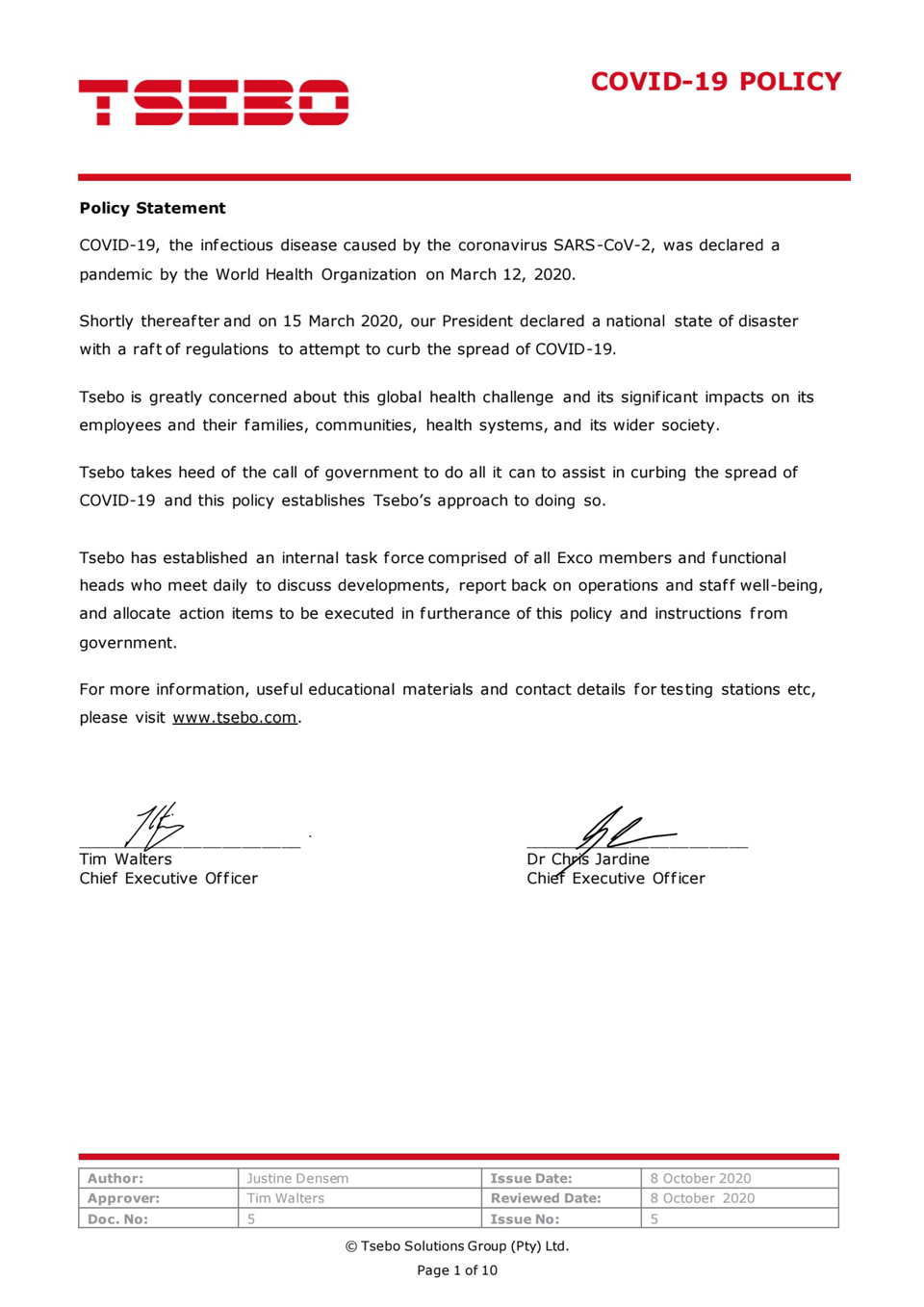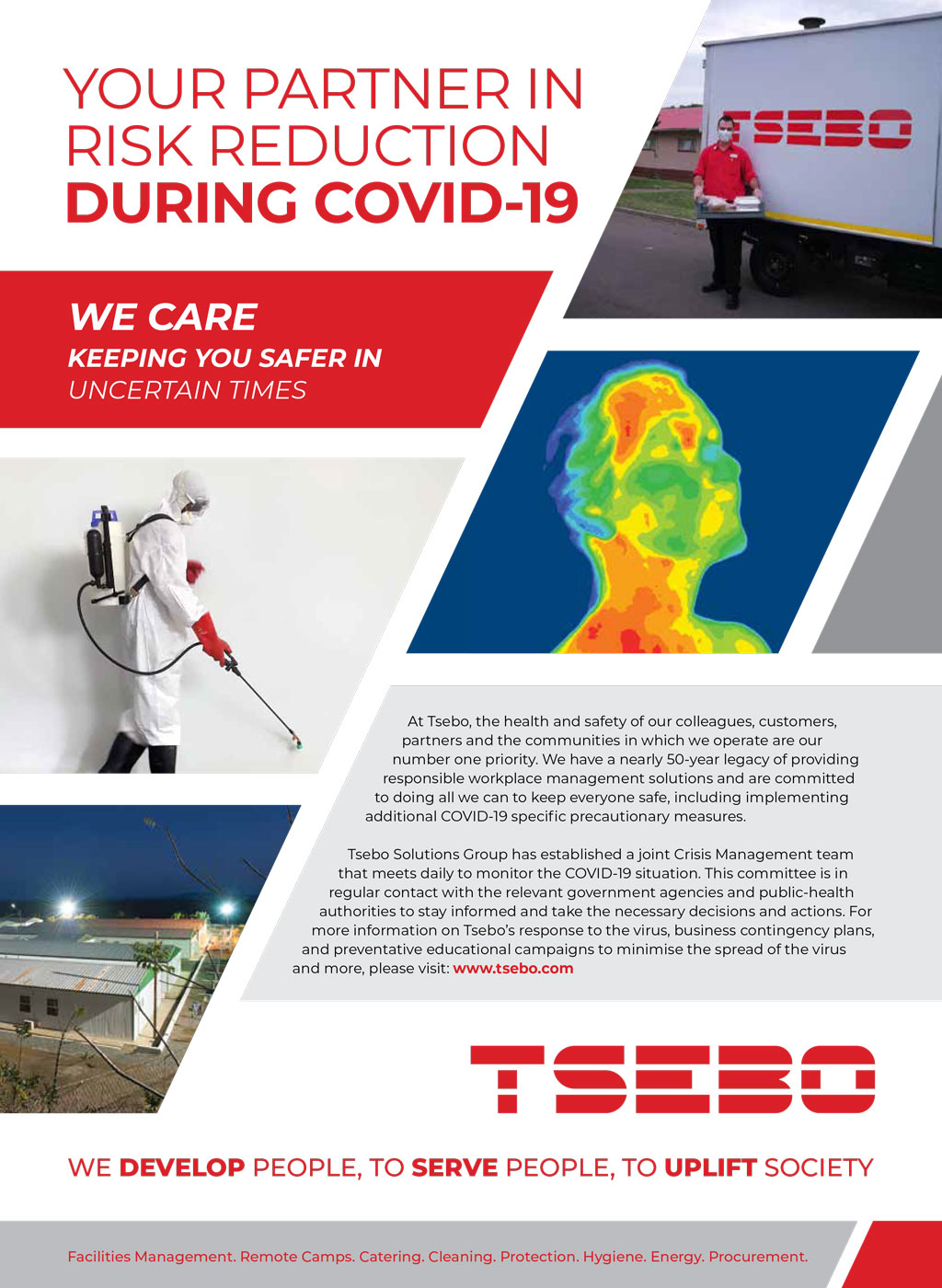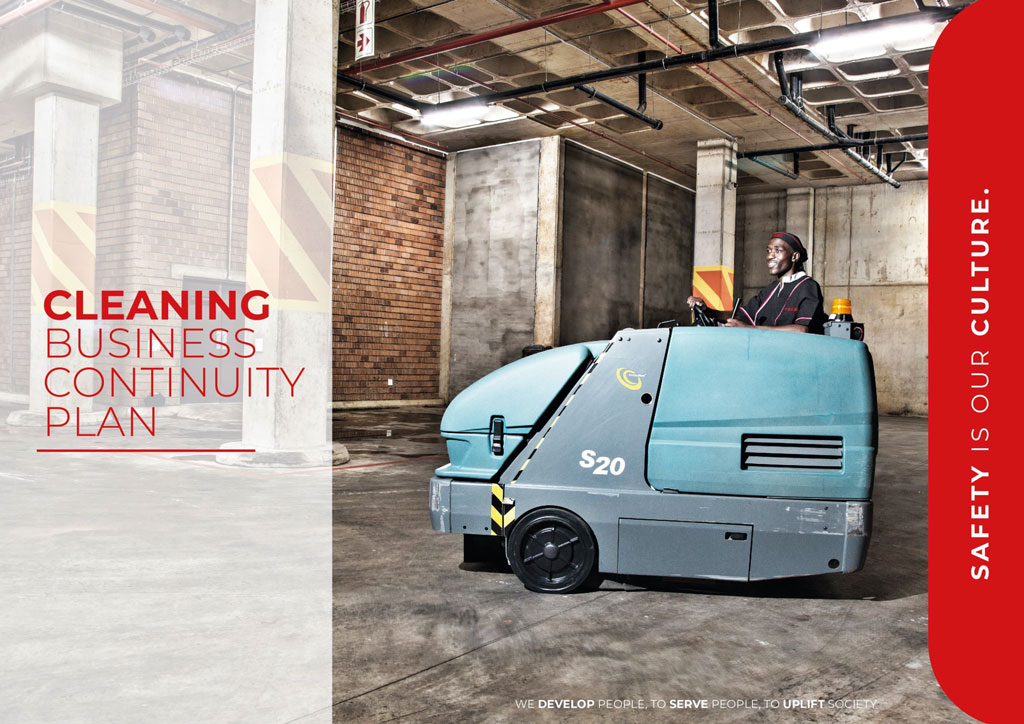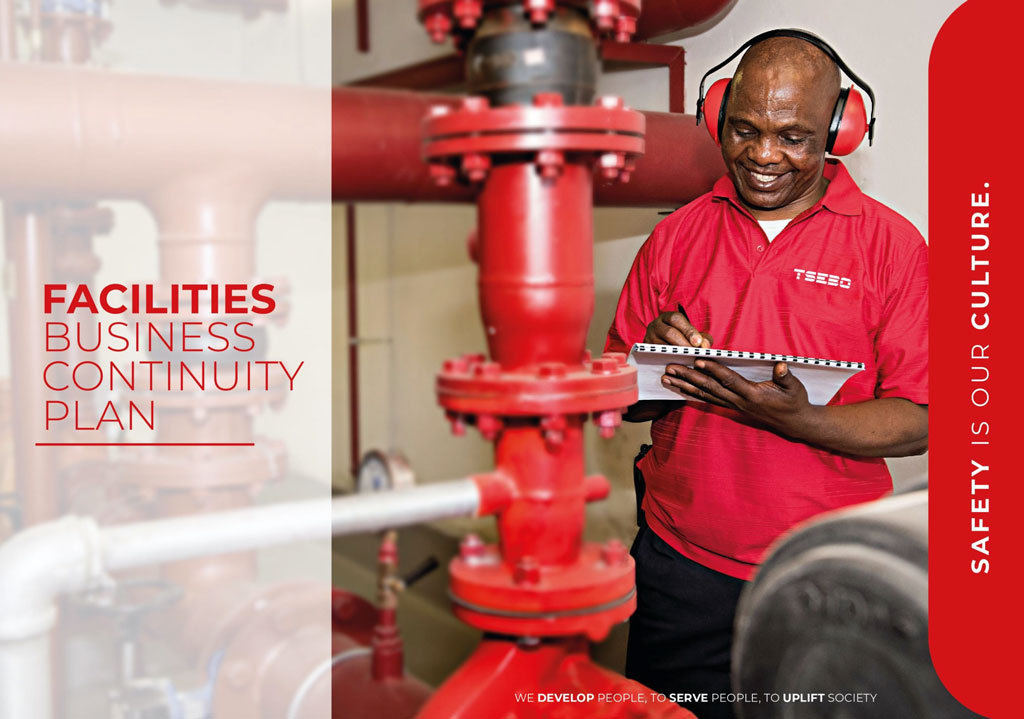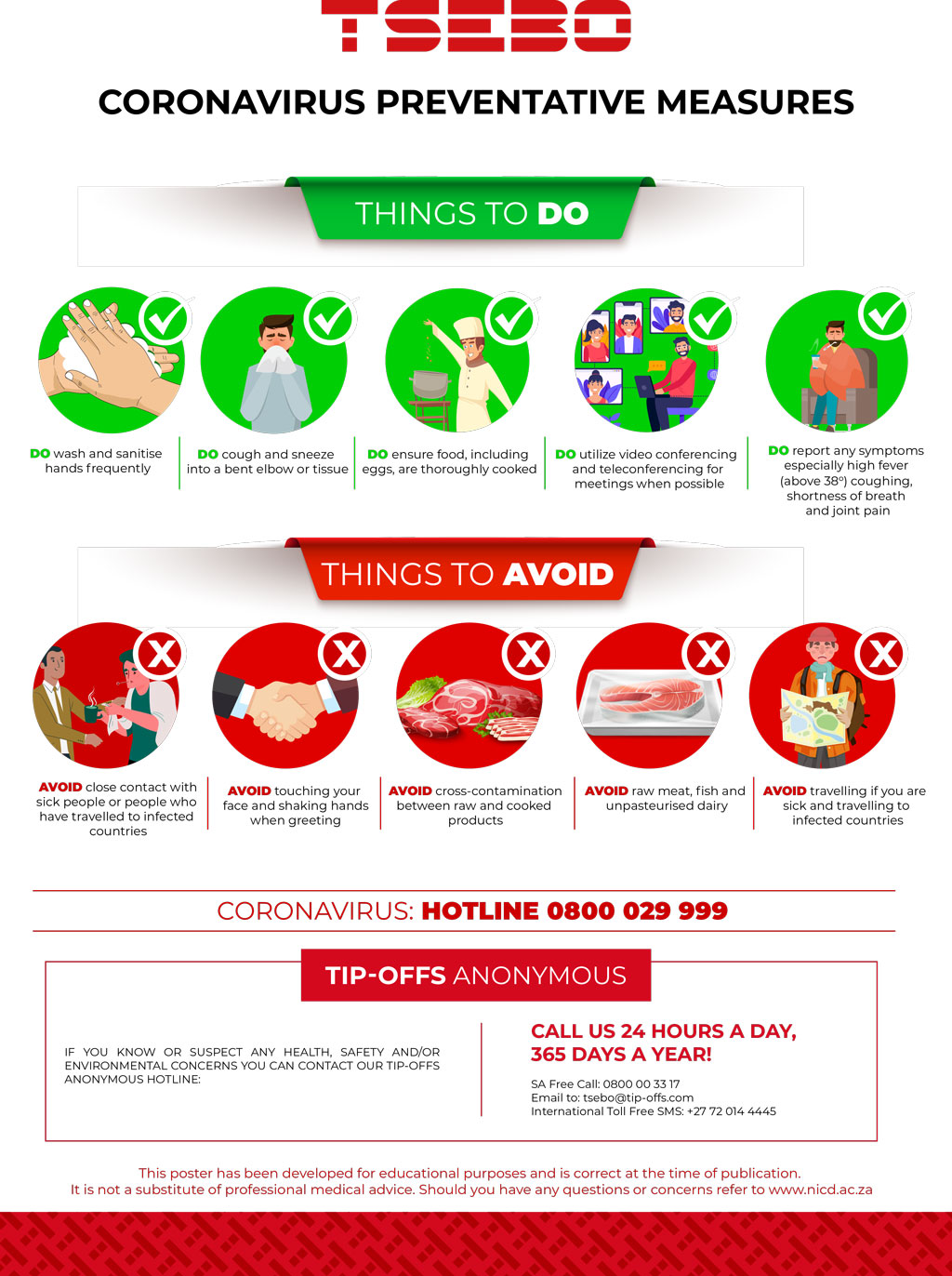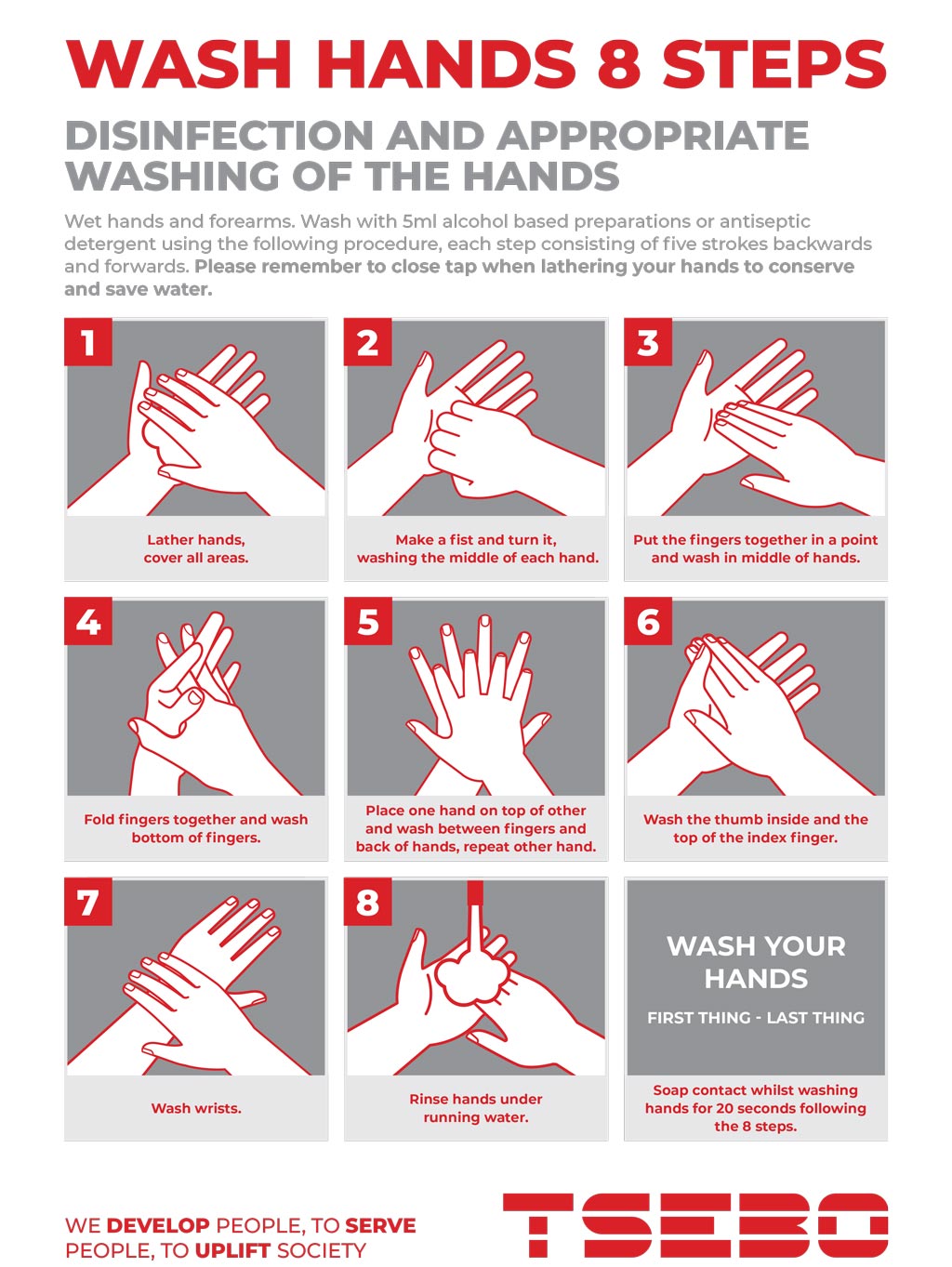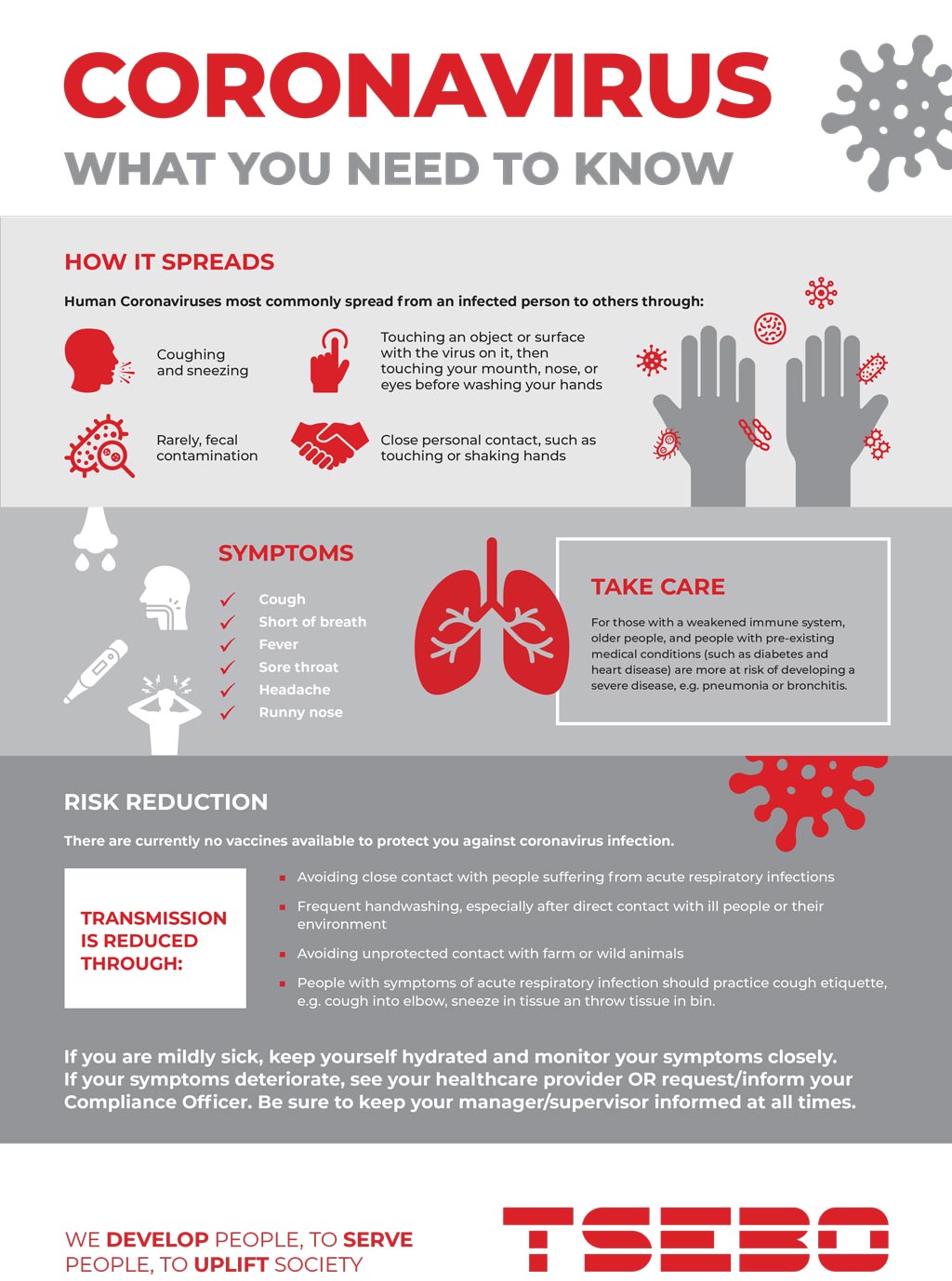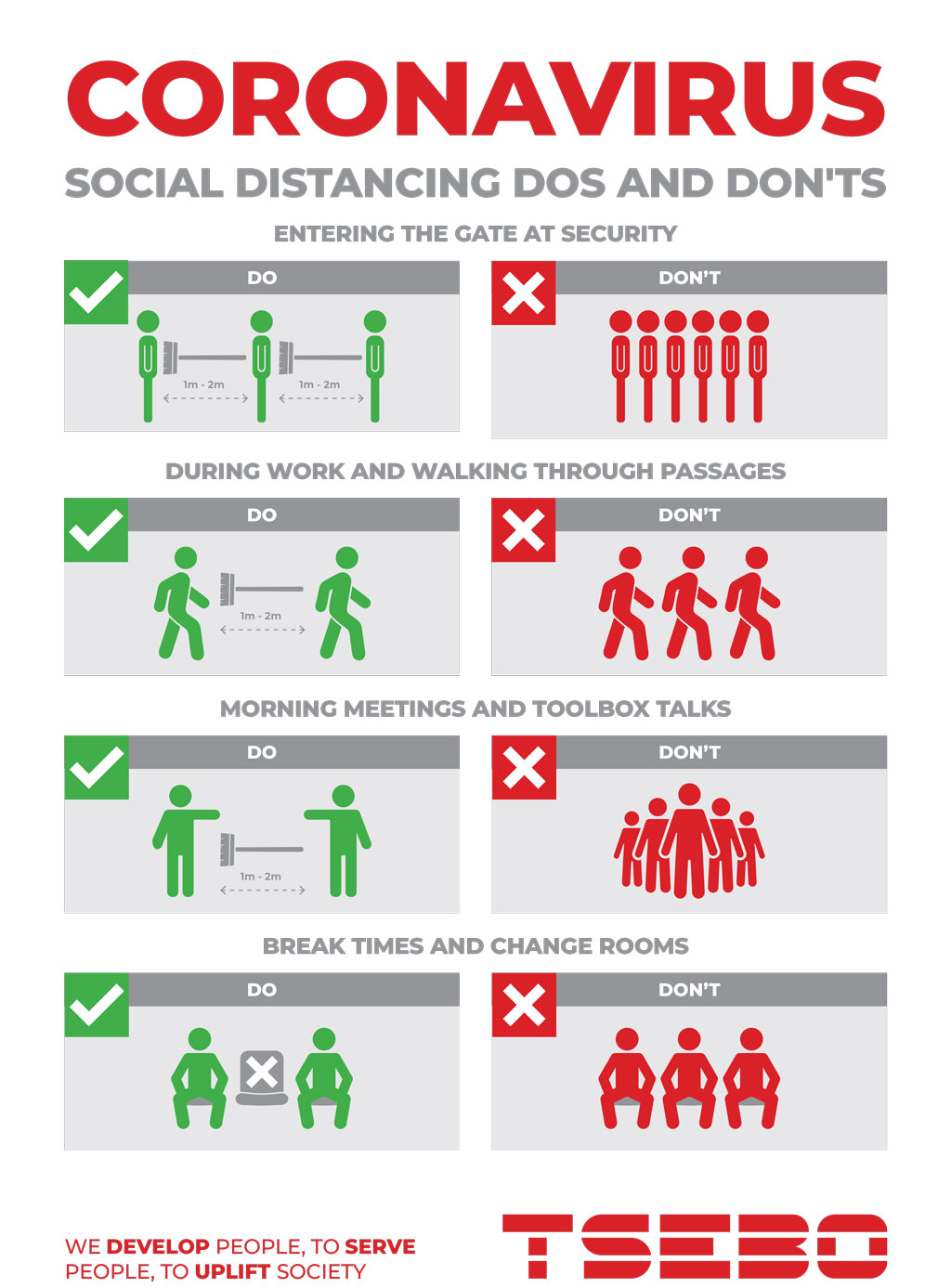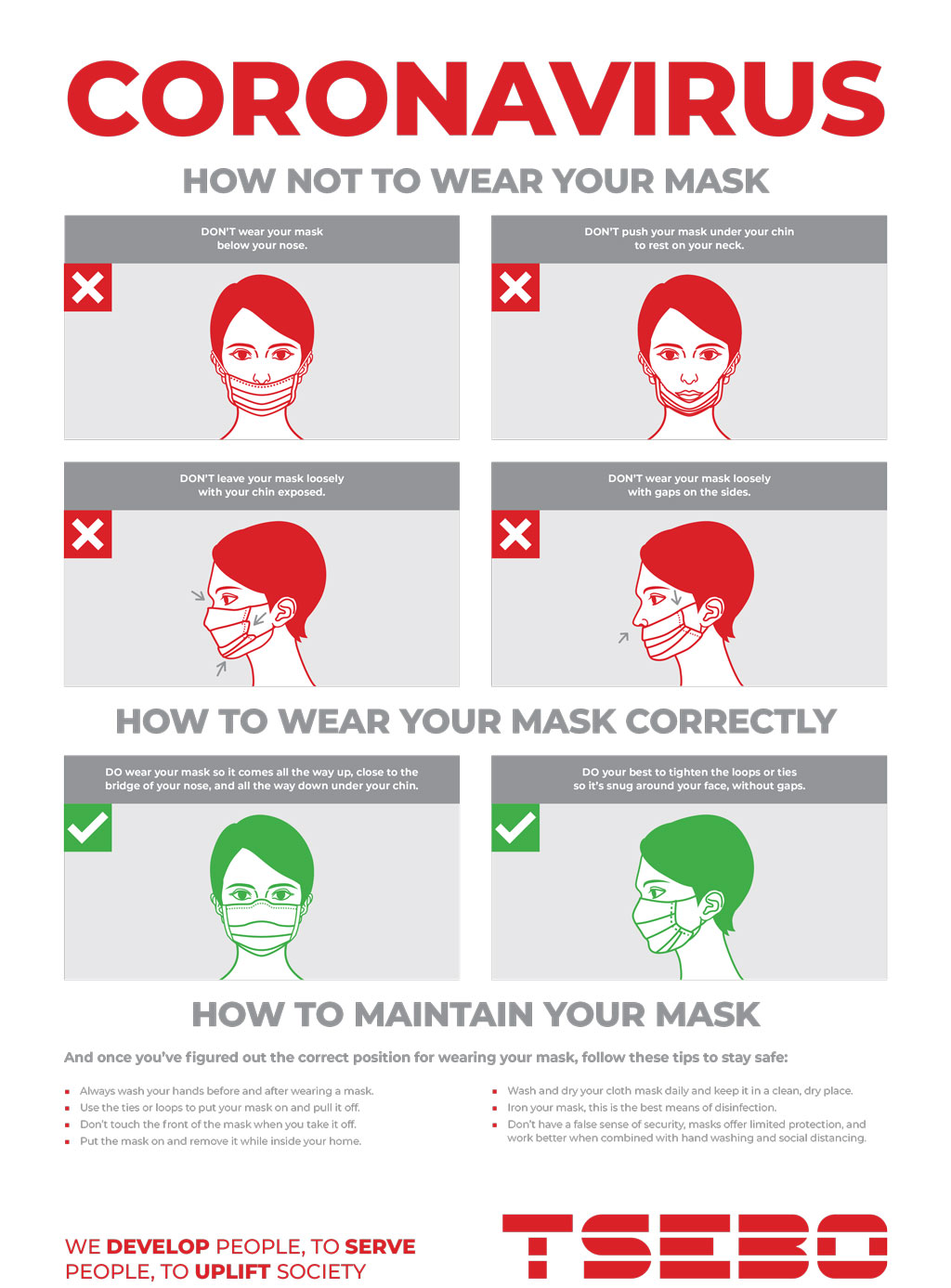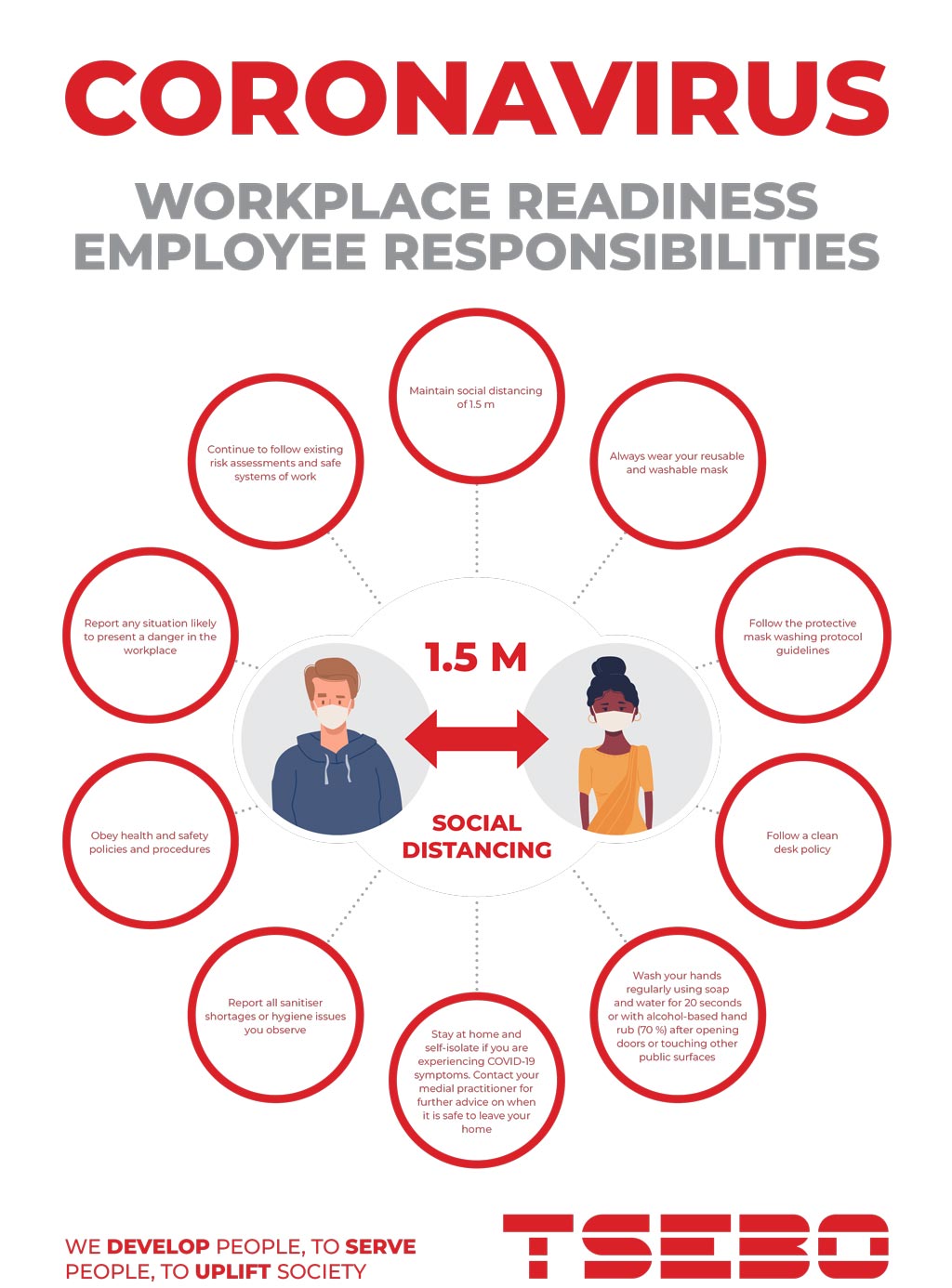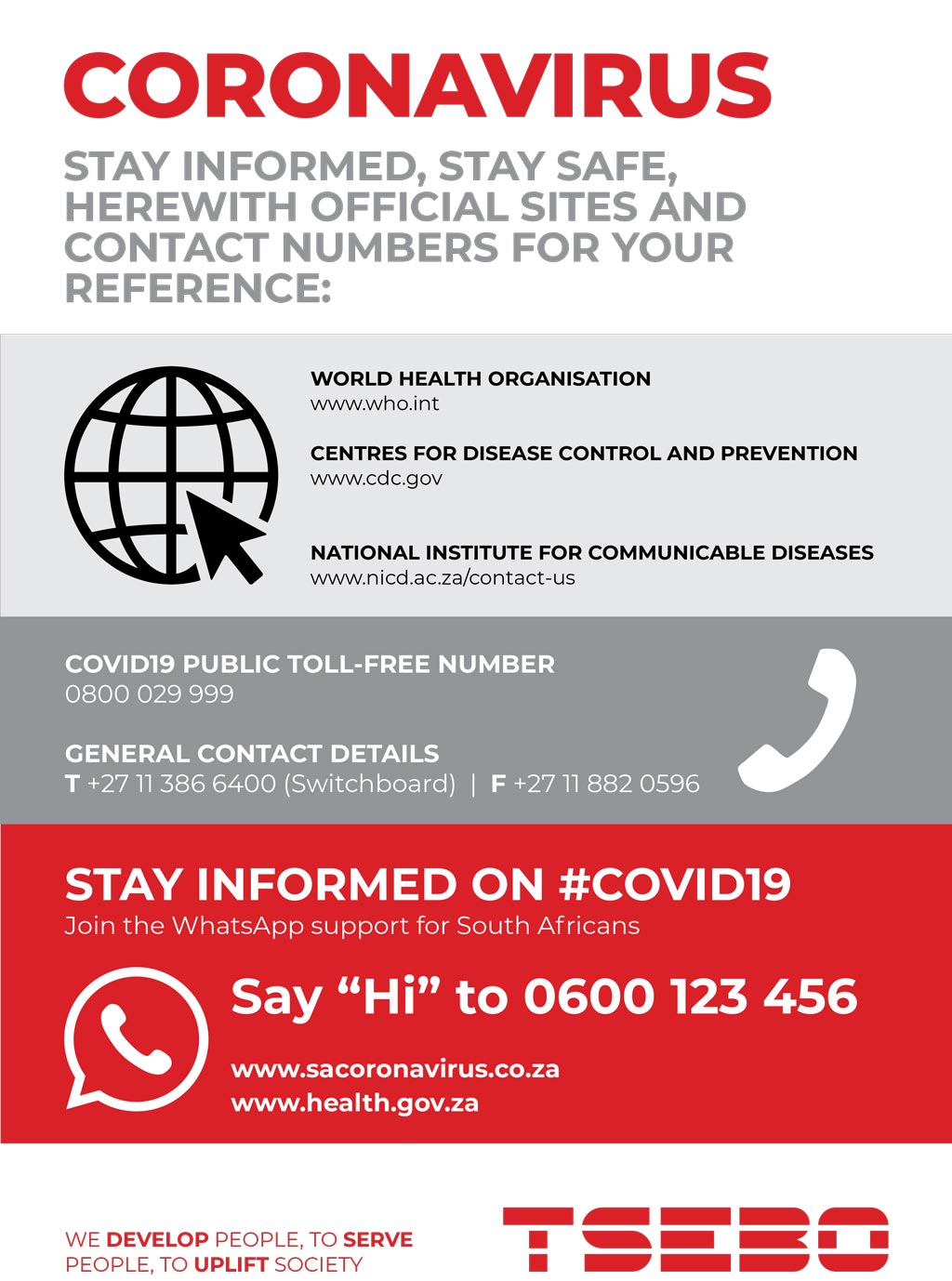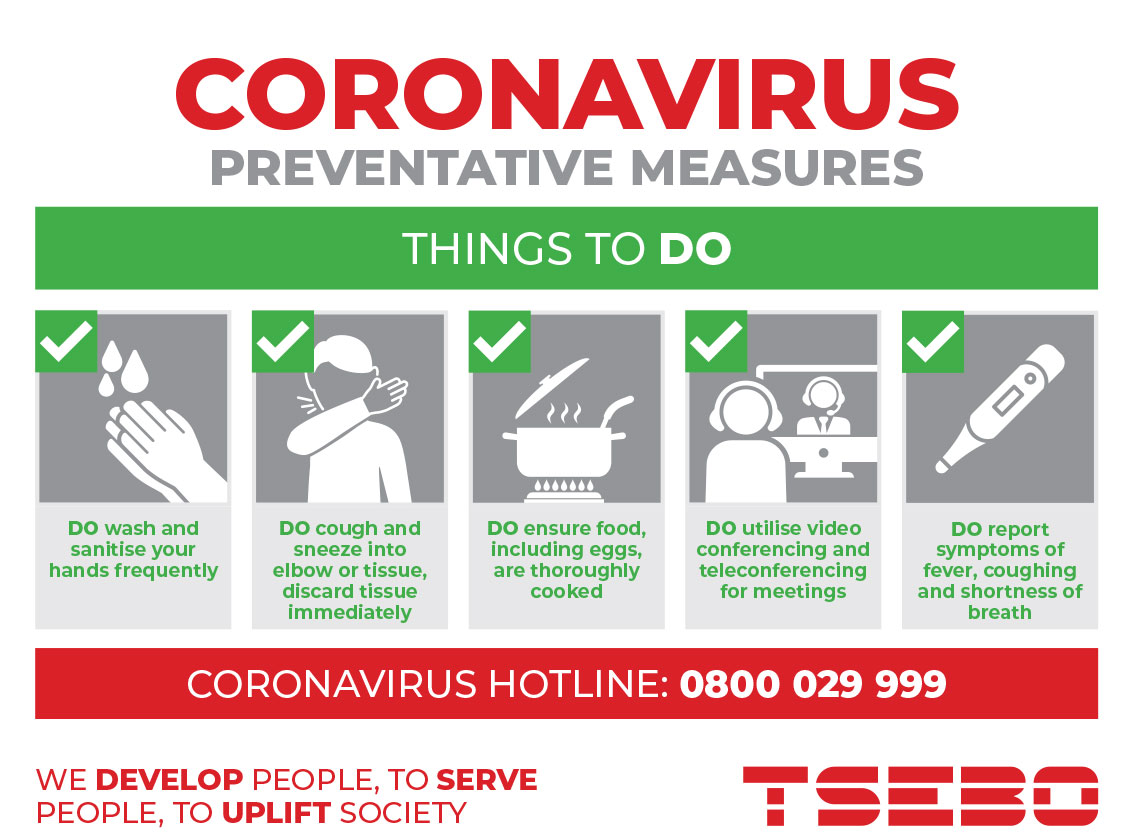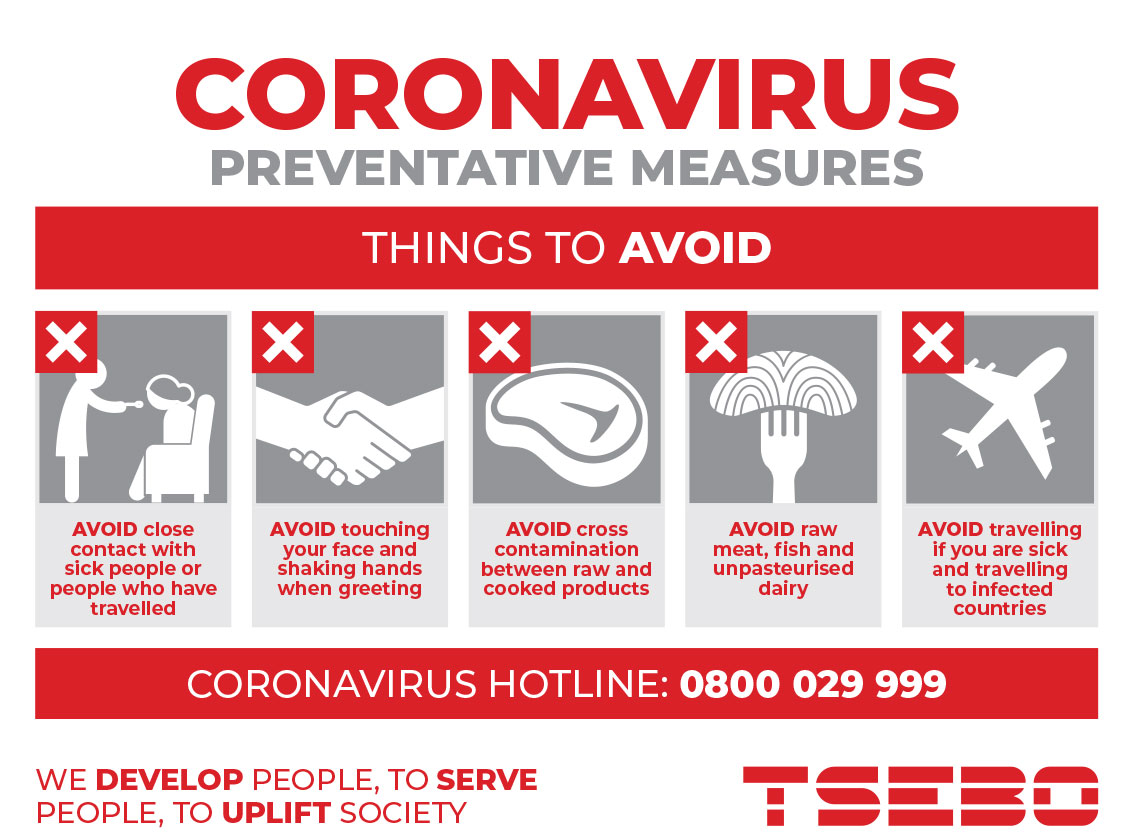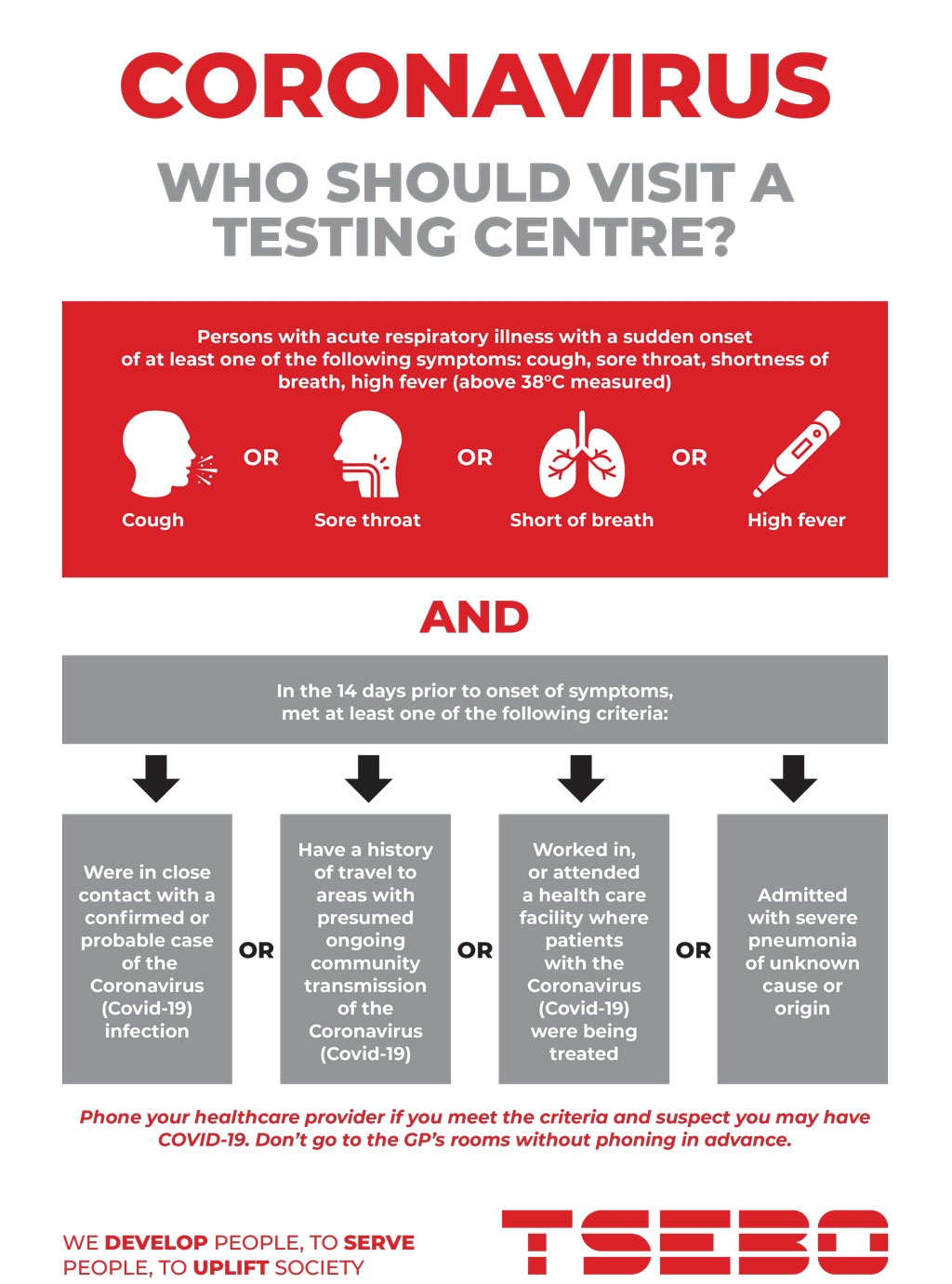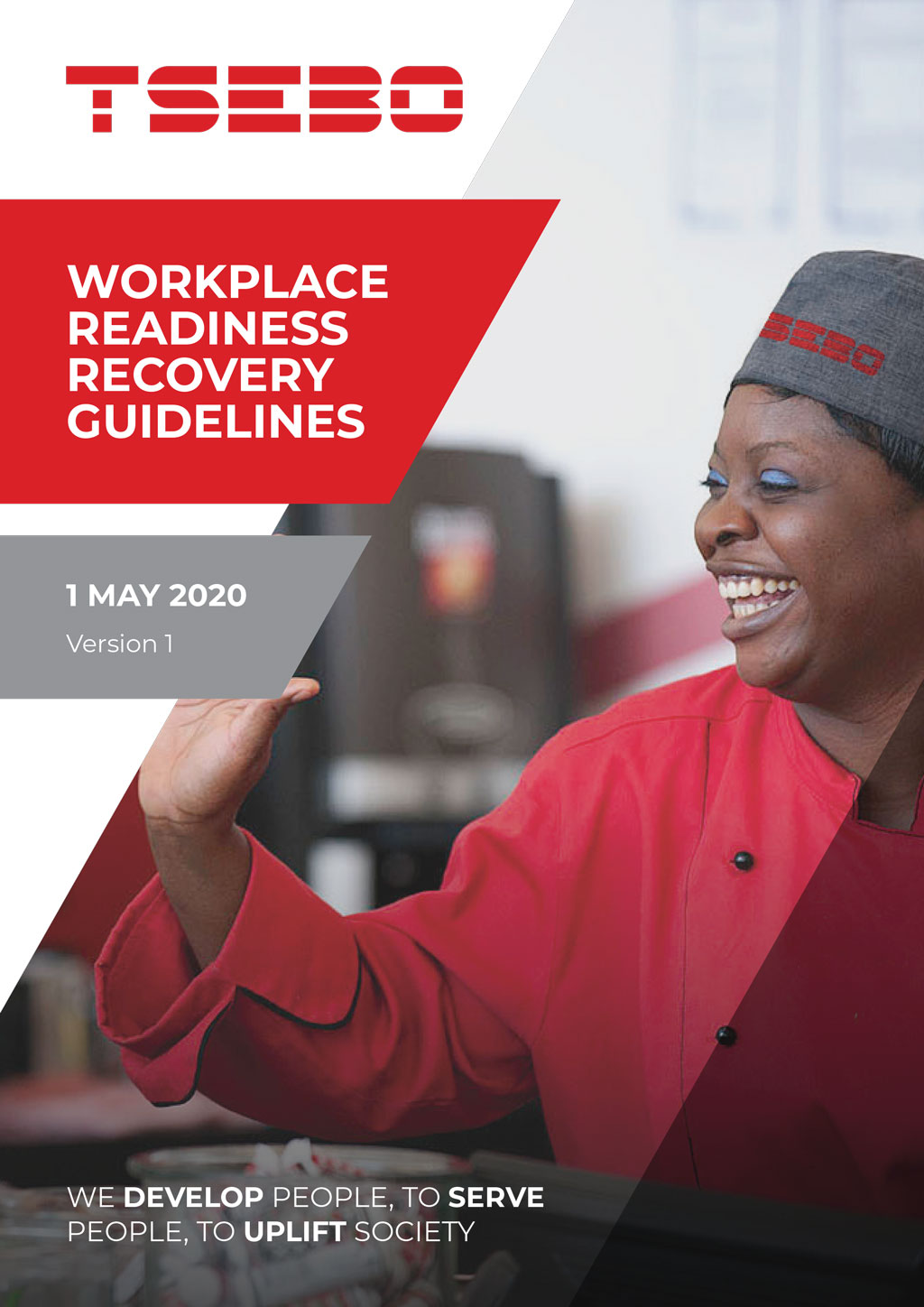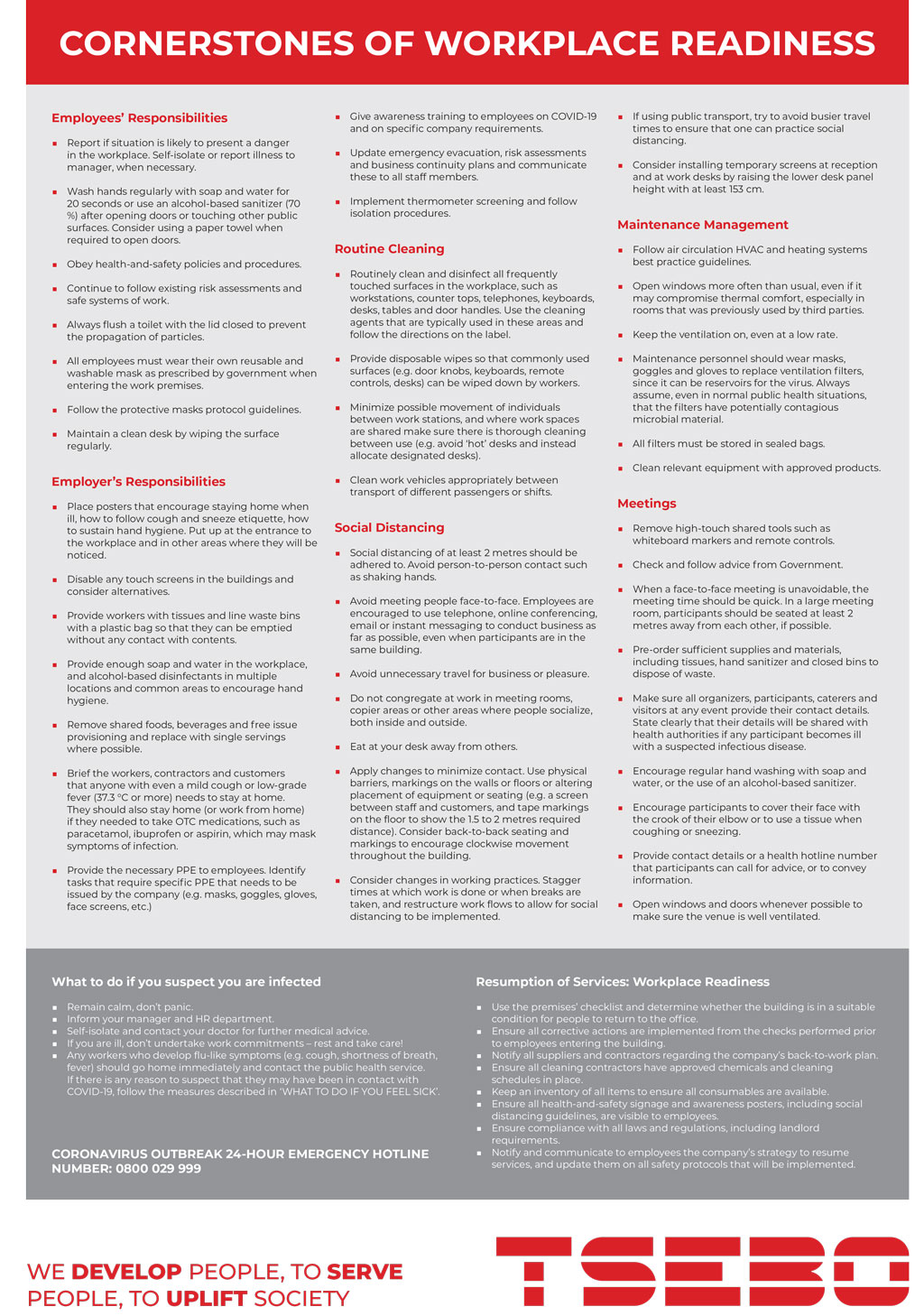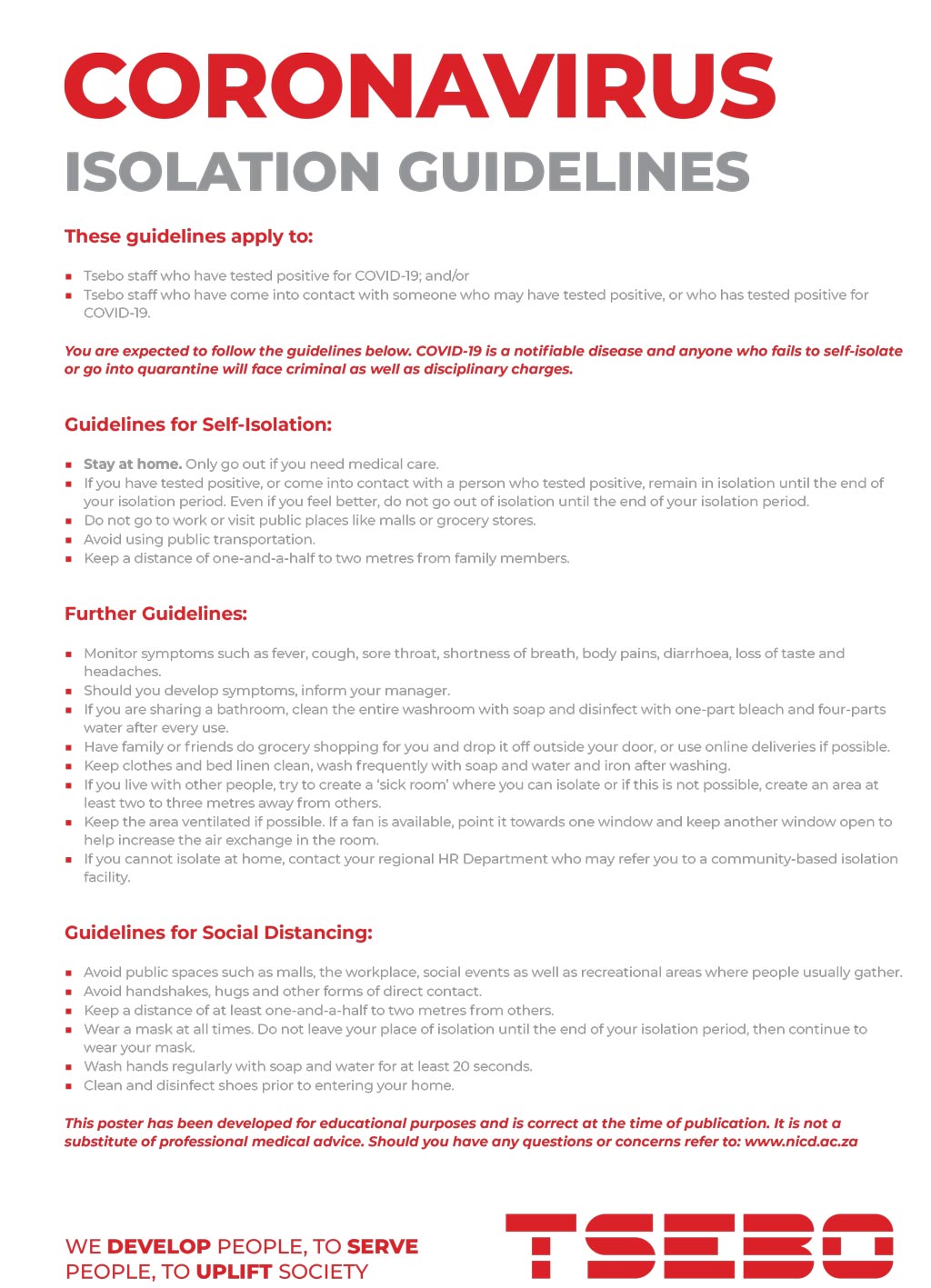
In the mining and industrial sector, progressive operations in remote locations across Africa rely on key partnerships to help them navigate and overcome numerous logical and practical obstacles. The remote site industry is one of the industries where a Quality, Health, Safety and Environment (QHSE) culture needs to be treated as more than just a simple compliance requirement, but rather the reality that ensures environmental protection as well as the safety of staff, clients, their employees, and the communities in which they work.
Gift Mutonhere, who is the Head of QHSE at ATS (Allterrain Services division of Tsebo Group), and specialises in catering and facilities management for many of Africa’s most remote industrial and mining sites says “It’s important that we hold ourselves accountable by implementing best practices according to the highest international standards.”
To him, Health and safety is more than a procedural exercise when it comes to operating in such environments. This is particularly so in areas where the nearest town or medical facility can be hundreds of kilometres away, and where a QHSE incident not only has major implications for precious human lives, but can also have devastating financial and downtime implications for site operations.
Companies need to look at the overall project objectives and targets to understand how a site-specific strategy can be developed to reach them. This could be anything from attaining ISO certification through to increasing a client’s Lost Time Injury (LTI) free hours. Achieving this requires taking a broad-ranging preventative approach to potential risks before developing a site-specific QHSE system and working in tandem with the client so that QHSE becomes a lived reality for all members on the operation.
The ultimate goal for ATS is to achieve certification on applicable ISO standards including Food Safety, Quality, Occupational Health and Safety, and Environmental Management Systems. But obtaining this level of best practice excellence is not without its challenges.
“It means adopting an agile approach, can-do attitude, and long-term view of QHSE. Dynamic activities that range from catering to soft and hard maintenance work, construction and facility development, overcoming resourcing issues for quality raw materials, produce, products, parts, and employing and training a professional team in skills-scarce areas, are all part of the job,” explains Mutonhere.
QHSE in remote areas
It is essential for solutions providers to develop a strong skills base by finding the right individuals to train and deploy as competent QHSE resources in remote areas. Companies in this sector will also need to overcome the logistical challenge of getting items like specialised kitchen equipment or safety, health, hygiene and sanitation consumables to site, often in countries where these items are not readily available.
“Even things like acquiring high-quality produce and protein can be a challenge. We have to consider the environment in which produce is farmed, processed, packaged and transported, so that we don’t risk people getting food borne illnesses such as typhoid, hepatitis A and cholera, which are prevalent throughout Africa. We have to audit local suppliers and work with internal community liaison personnel to develop safe local supply chains,” continues Mutonhere.
Environmental impact
Above benefitting the operation, suppliers also need to consider their impact on an environmental level. This means minimising waste, recycling and, where possible, using cleaning chemicals and products that aren’t detrimental to the environment. Taking that one step further, it also means educating the local communities on best practices for the planet as well as on health and safety at home.
Mining, oil and gas, or remote site operations don’t exist in a vacuum, they form part of communities and need to play their part in ways that are both sustainable and responsible. This could take the form of community programmes to educate people on things like the importance of water saving to hand washing, and health and safety campaigns around prevalent diseases or community clean ups and tree planting initiatives.
“To be in this business you have to be passionate about people. QHSE is about so much more than checking off a compliance checklist, it’s about building environments where people can thrive,” concludes Mutonhere.



